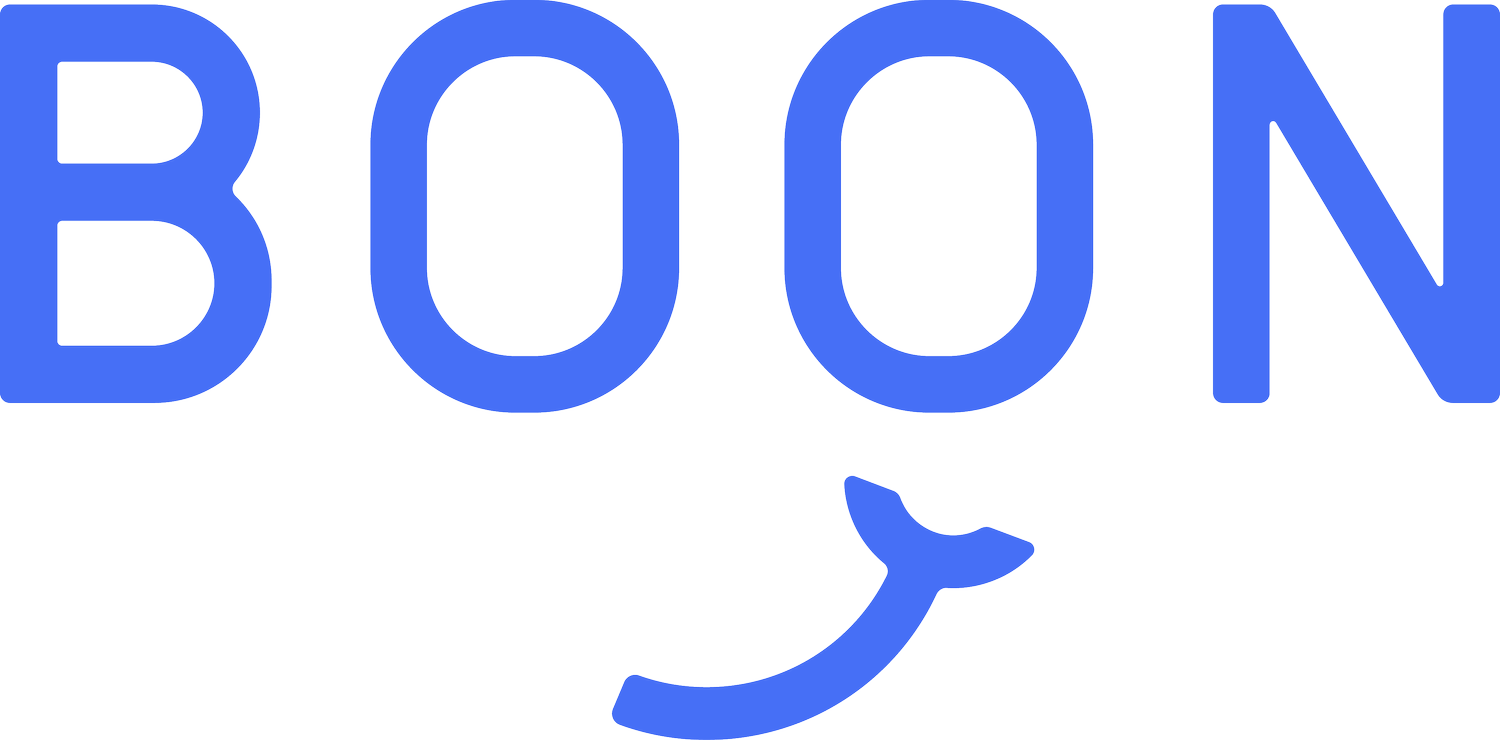Practicing Radical Acceptance
Nikki Kett, Boon Coach
So your manager gave you feedback about your latest project and ever since, you’ve been spinning in your head arguing with why it’s not true at all. At home, your partner infuriated you with their disrespectful tone and you continue to replay all the reasons why you are right and their behavior was out of line. Or maybe your mother has been constantly nagging you over why you don’t call or visit her more often. You can’t get over how annoying she is and respond negatively to her calls. Sound familiar?
These things happen to almost all of us in one way or another. Something happens and then we spend so much time afterwards overthinking and replaying it in our heads. So often, we keep ourselves stuck in negative emotions because of the story we tell ourselves about what has happened. When we have expectations for how things should go and how other people should behave, we hold on even tighter to the stories when our reality doesn’t match up. Stop and reflect for a moment – what are the expectations that I have for how things should go or how people should behave?
Let’s build on some of the earlier examples:
How should your life be?
How should your manager be?
How should your partner be?
How should your mom be?
Then, what story or thoughts do you have when reality don’t meet your expectations for how it should be?
Here’s the same example with some of the thoughts you might have:
How should your life be? (I’m too old, I’m too far behind, etc.)
How should your manager be? (He should give better feedback, it’s not even true)
How should your partner be? (He needs to communicate with respect)
How should your mom be? (She should come visit me and stop nagging me)
With anything that happens in our lives, we are going to experience reactions and emotions. But we add suffering when we get stuck in all of the stories about how things should be different. I call the difference between our expectations and reality the expectation gap. The bigger that gap is, the more suffering we will have. The more stuck in negative emotions (like sadness, frustration, or anger) we become.
Becoming more content with our lives and practicing radical acceptance requires us to feel and process the emotions we are having in the expectation gap and to reframe our story. It requires us to let go of how we think our lives should be and embrace them as they are. Think about the last time you reacted with anger and continued to vent, blame and complain about the problem. While it feels good doing this in the moment, it only keeps us more stuck in negative emotion.
Instead, try this:
Take a few deep breaths from your belly
Name the emotion(s) you are feeling
Tune into the sensations in your body
Identify the stories you are creating about what is happening
For step 4, try getting out a piece of paper and pulling the thoughts out of your brain. Let it all out and don’t edit yourself.
Example: What do you make it mean about your manager’s feedback?
It may be: “I’m not good enough, I don’t deserve to be here, I always mess up, I always overreact, I’ll never get this right…etc). Get it all out onto paper even if it seems silly –this will give you more awareness of your suffering and reaction.
5. Finally, how can you reframe your story in a way that serves you moving forward?
Example: My manager can see something I can’t –where is the truth in this? What parts of the feedback can I learn from? How is their perspective different than mine? I know and trust I can do good work, feedback is a chance to improve. Feedback is just someone else’s perspective, how can I welcome it?
When you practice radical acceptance in your life, you’ll get out of the story quicker. You’ll spend less time deepening into negative emotions, and you’ll be more resilient in moving forward. Know that you will still have reactions to things –it’s normal and you are human! Your brain is doing its job and trying to protect you. But you can respond to the things that happen in a different way when we learn to reframe our story differently.
Viktor Frankl, a psychologist and Holocaust survivor says in his book Man’s Search for Meaning “Between stimulus and response there is a space. In that space is our power to choose our response. In our response lies our growth and our freedom.” When we let go of the stories we hold onto, we change our response to the stimulus. This is the art of practicing radical acceptance. Being content in our lives doesn’t mean that things are perfect or that we don’t experience pain, it just means we accept and move through it more gracefully.
Ready to learn how working with a coach can help you to practice radical acceptance and be more content in your life?
—— ———————————————————————————————————————————

